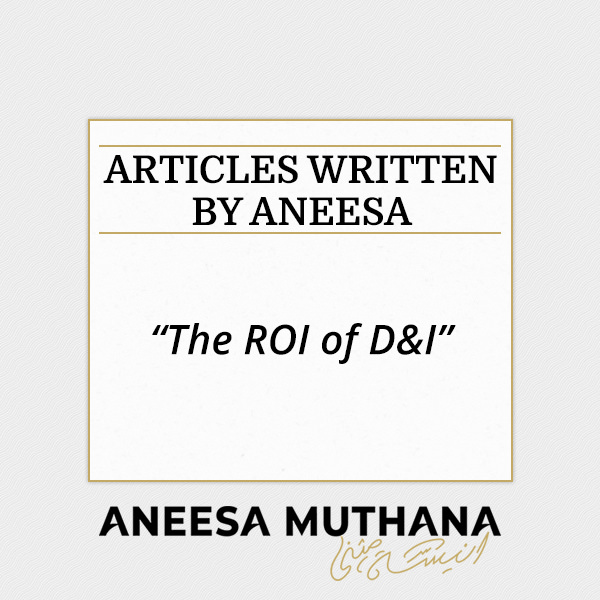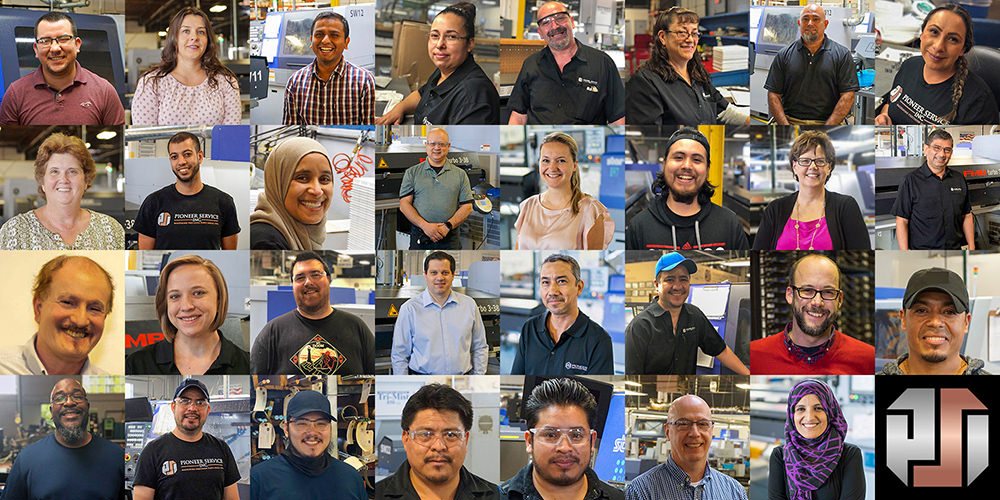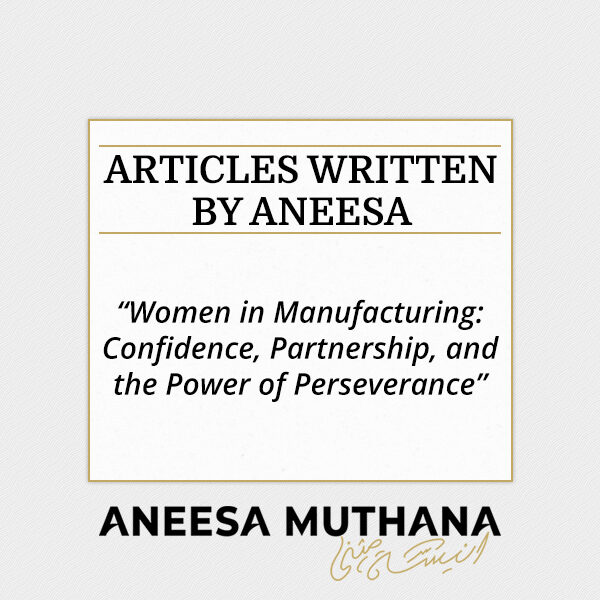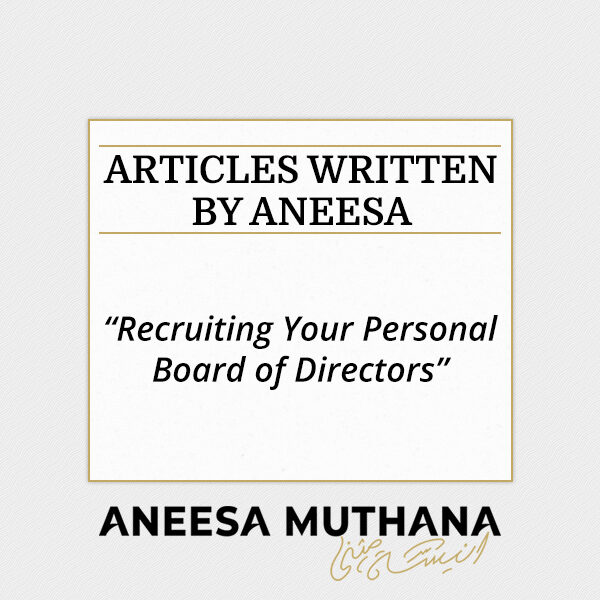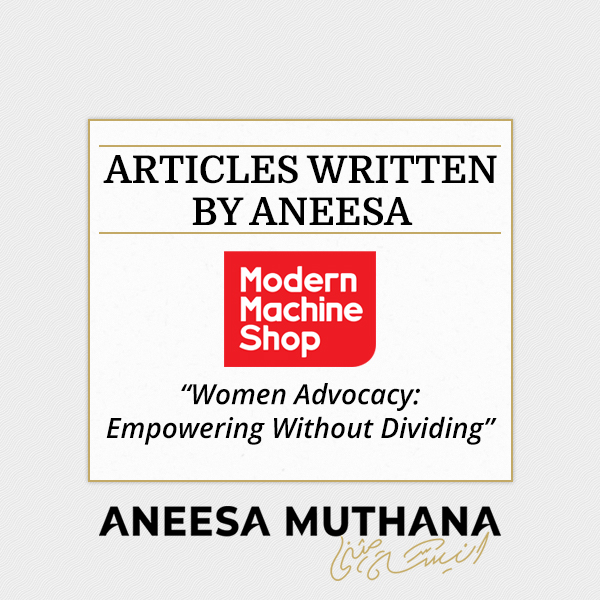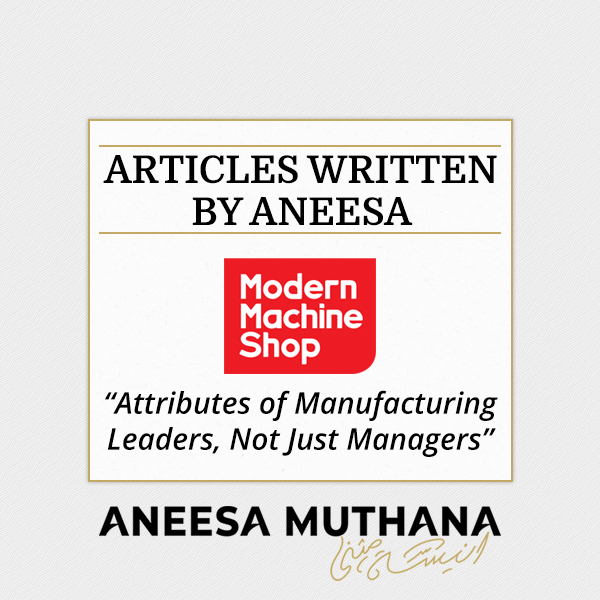The ROI of D&I
First, a caveat: this isn’t about politics. Most manufacturers care far more about making parts that matter than about politics (as they should), but misconceptions about D&I persist and sometimes obstruct the most well-intentioned efforts. Any successful D&I initiative must begin with a definition of the term.
That said, D&I is NOT:
… checking off a box or fulfilling a political agenda—Don’t be the business that passes around the D&I form and calls it a day.
… charity or license for someone to “play the victim”—Fate doesn’t tally injustices; it rewards hard work and persistence.
… isn’t having a “token” board member or trophy employee—Nobody wants to work somewhere where people can’t stop talking about your differences.
And most of all, D&I isn’t adopting an “Us vs Them” mindset, whether it’s men vs women, whites vs people of color, baby boomers vs millennials, or any other stereotypical conflict. Leave these cliches on the curb. Inclusion is all-encompassing—designating one side as victims and the other as villains only stokes resentment and passes up a chance for cultivating empathy.
Any D&I effort is dead in the water without empathy. Progress only happens when everyone buys into the effort. Leaders alone aren’t nearly enough. You can’t berate or shame your team into accepting change and other people’s differences. You can’t ask for empathy without showing it yourself. Meaningful change almost always takes time and patience.
I hear people who claim to value D&I fall all over themselves in a rush to condemn “old white men” as unwelcome relics. I’ve worked with white males for my entire career. Many are my mentors, friends, and even shopping buddies since we share an appreciation for buying big machines.
Everyone—white males included—has something to offer. Treating them as villains but expecting them to embrace change is a recipe for failure. Do these villains exist? Absolutely! Some of them are white males, but even minorities are not immune to indulging in double standards, sexism, and other unsavory outlooks. Regardless of their skin color, some men and women still haven’t recalibrated their worldview to accept women in positions of leadership.
Diversity means different things to different people. However, in the workplace, it means embracing and sustaining a policy of hiring people from a variety of backgrounds, whether it’s ethnicity, religion, lifestyle, education, or some other variable. Inclusion refers to how a company treats a diverse workforce after they’ve hired them; it’s the follow-through.
An inclusive company makes people feel respected and welcome whether they represent a minority or a majority in your business. This also means making reasonable accommodations for their needs, and taking authentic steps to understand them if unfamiliar. Respect is essential—agreeing with all their choices and cultural elements is not.
Aside from being the fair and right thing to do, D&I is critical for growth. It’s no secret that manufacturing has a skilled-labor crisis. Accepting diversity means casting a wider net and promoting the industry to those who aren’t naturally inclined to pursue it. If businesses sustain efforts to build a diverse team from the shop floor to management, their visibility resonates with others and cultivates an inclusive workplace. Teams communicate better and work more efficiently.
As a result, it is easier to find and hire quality people who are looking for a respectful and productive work experience. For example, I was recently interviewing an engineer and recent graduate who had already received a job offer from a competitor. He was willing to take a necessary 10 percent pay cut to work for our company, saying he was more comfortable with us than with them. Never mind that he was Caucasian–he noticed an inclusive culture and valued it more than the extra salary!
A second example involved a promising 19-year-old apprentice. Only a few minutes into the interview, it was clear that he knew more about our company than some of my veteran employees. It turned out that his knowledge came from his mother, who’d researched our company and advised him to take any offer.
A history of D&I will also strengthen your supply chain. Our company, Pioneer Service, has fewer than 50 employees and doesn’t immediately draw the eye of big-name suppliers. However, the same reputation that sells us to job candidates also attracts these big players. They welcome our reputation, and are happy to feature our partnership in their publications, grow our brand, and go the extra mile for us.
So, there you have it, two non-political reasons to commit to D&I. Sincerity pays dividends. A healthy pride in your diverse teams shines like a beacon for potential talent and partners. Anything less turns that company into a box-checker and everyone, inside and out, will see right through it.

